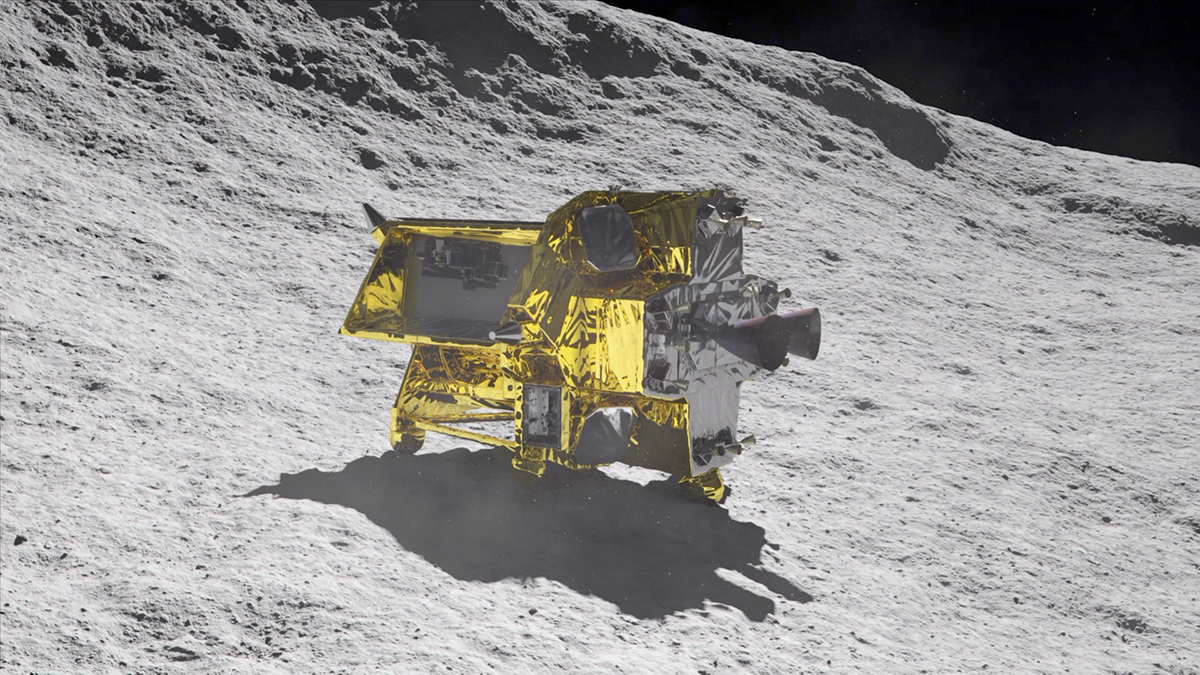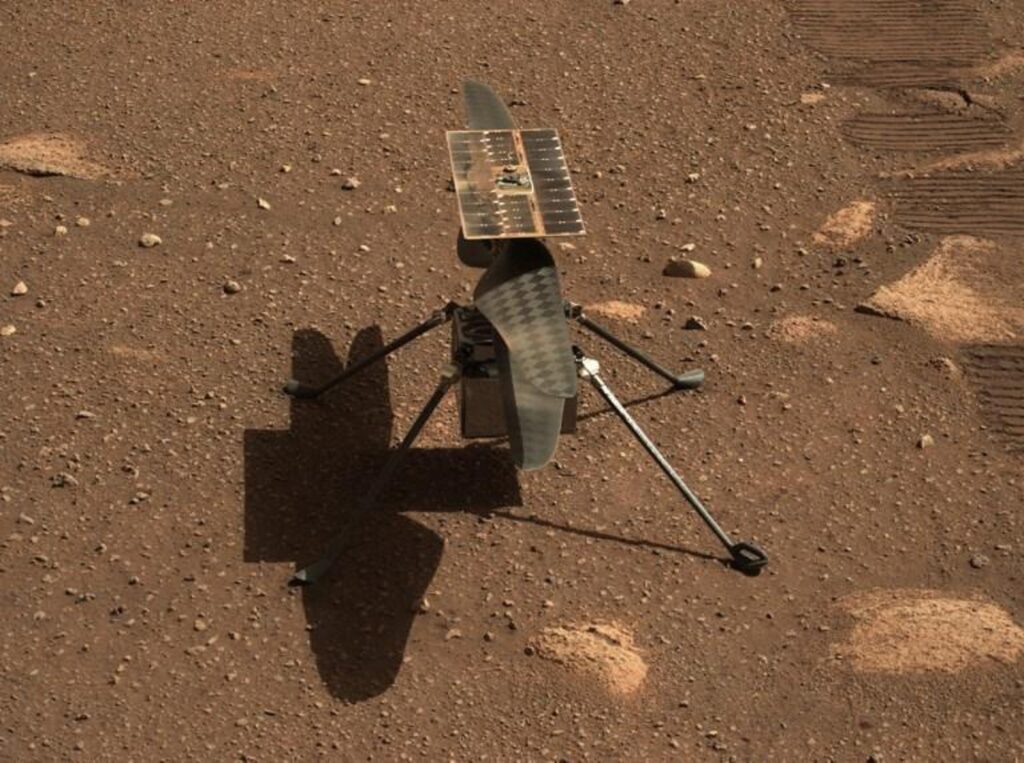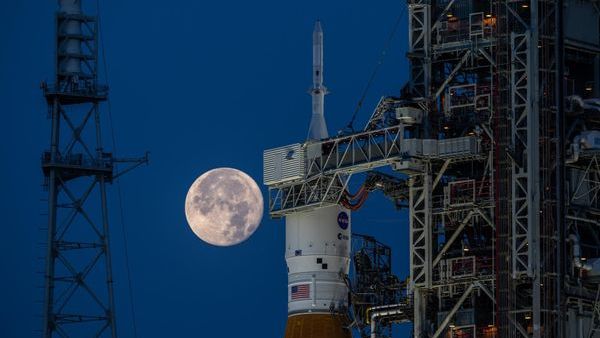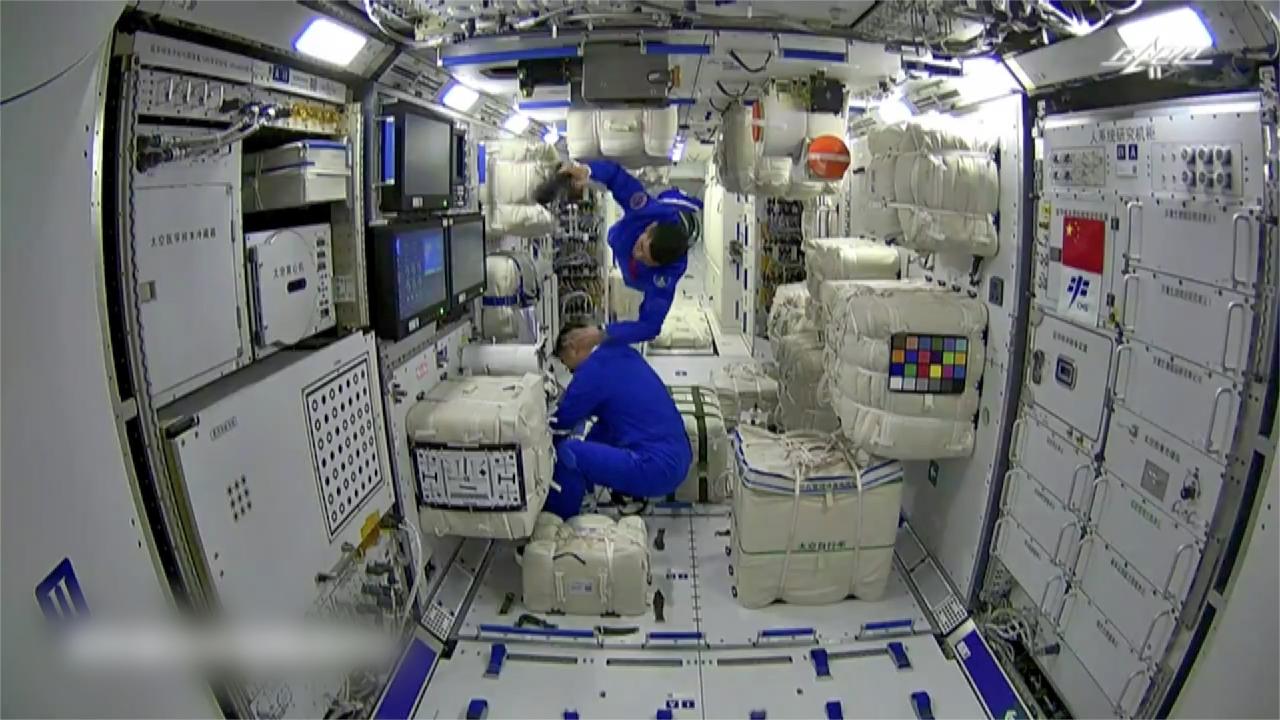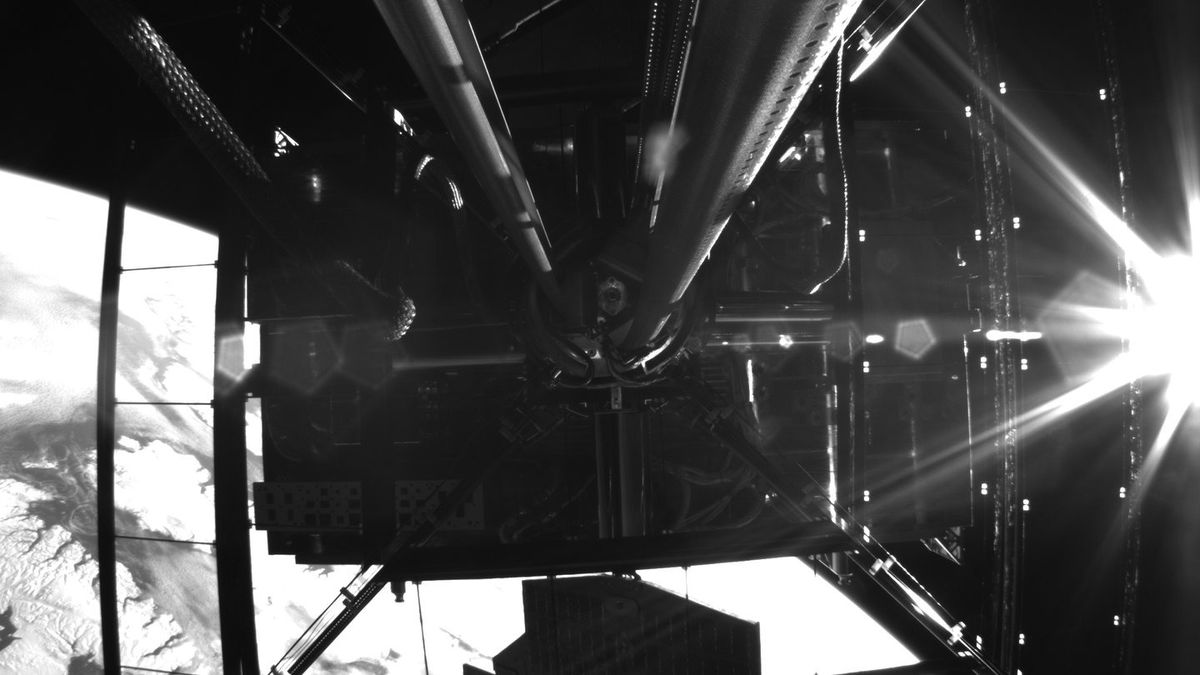Despite its recent landing failure, Japan’s pioneering moon lander, SLIM (“Smart Lander for Investigating Moon”), may have another opportunity. The spaceship, which landed on the moon, was in danger when its solar panels failed to generate electricity. However, the Japan Aerospace Exploration Agency (JAXA) reported that SLIM is still alive and being worked on.
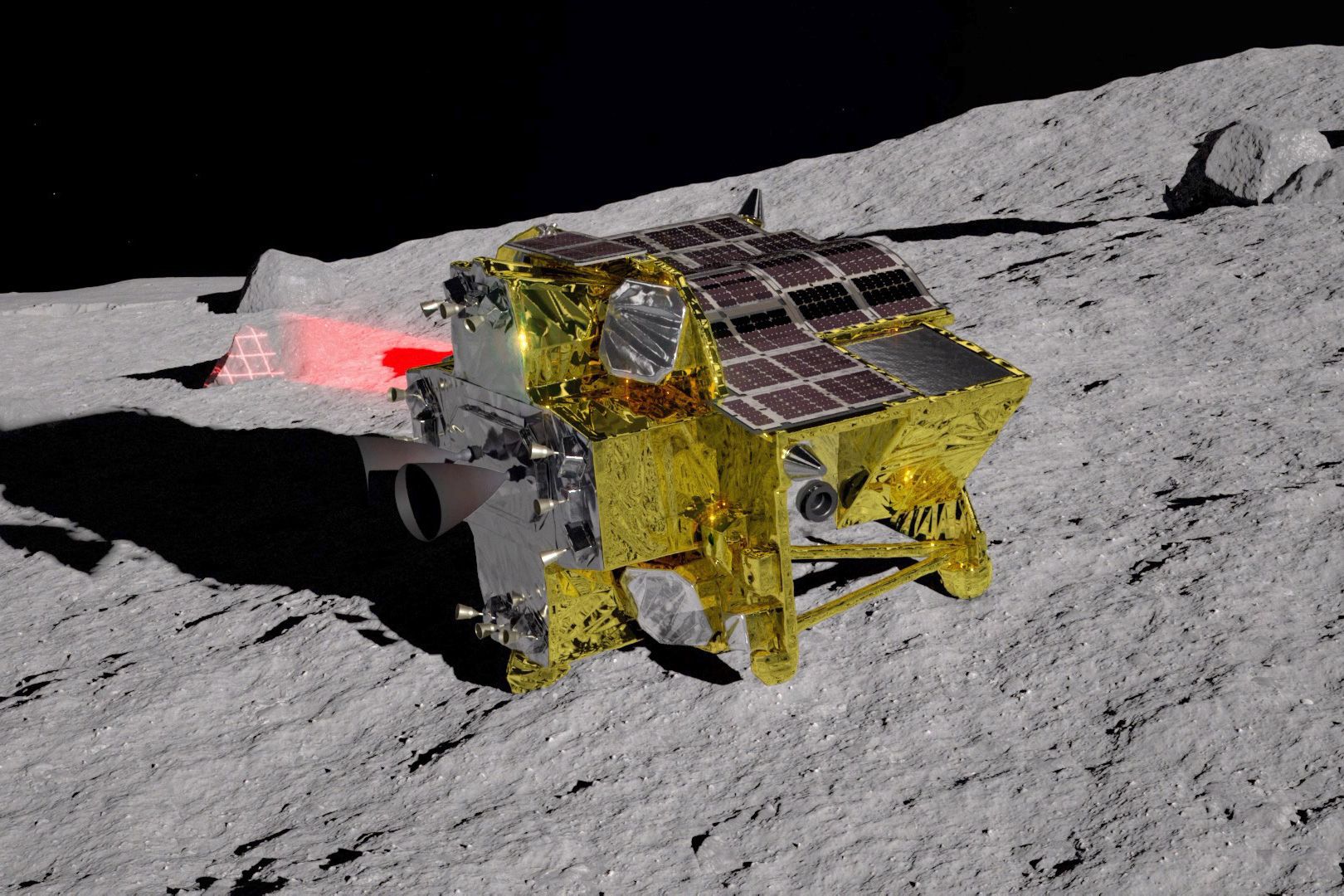
After Landing Setback, Japan’s SLIM Moon Lander Hopes for Solar-Powered Recovery
JAXA expects a solar-powered recovery after SLIM’s controlled power-down due to battery capacity dropping to 12%. Solar cells on the lander’s west side may provide power if sunlight reaches the moon. The crew is organizing a rehabilitation operation and is optimistic about SLIM’s comeback. The solar-powered spacecraft relayed technical data and photos during its fall and landing.
At week’s end, JAXA will deliver a status update and data analysis. Despite the unplanned post-landing attitude, the SLIM team was pleased with the landing and anxious to evaluate the data.
The term “Moon Sniper.” comes from SLIM’s precision lunar landing technology demonstration. The probe attempted to land within 330 feet (100 meters) of a predetermined point on the moon’s Shioli Crater rim to validate very accurate landing technology. SLIM, launched in September 2023 with the XRISM X-ray space telescope, reached lunar orbit on Christmas Day and landed on January 19, making Japan the fifth nation to do so.
READ ALSO: All-European SpaceX Ax-3 Astronauts Double ISS Nationalities in Historic Docking
Mini-Rover LEV-1 Operational as SLIM Mission Seeks Solar-Powered Comeback
LEV-1 and LEV-2, two mini-rovers, were carried by SLIM, which may have missed its landing objective. It was established that LEV-1 was operational on the moon, boosting mission success.
Japan’s SLIM mission, along with the Soviet Union, the US, China, and India, advances lunar exploration. With expectations for a solar-powered recovery, SLIM’s mission may provide lunar science discoveries.
